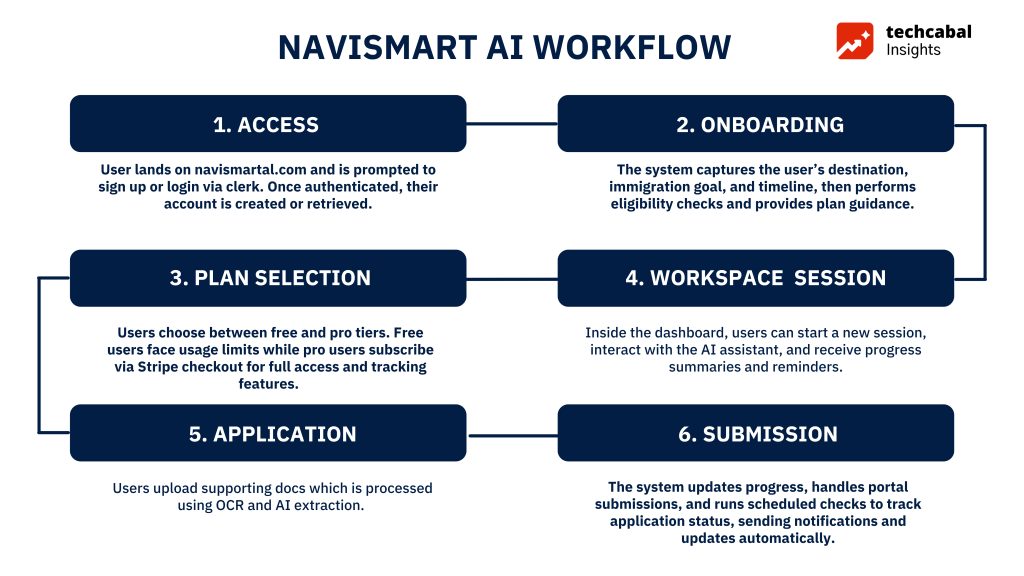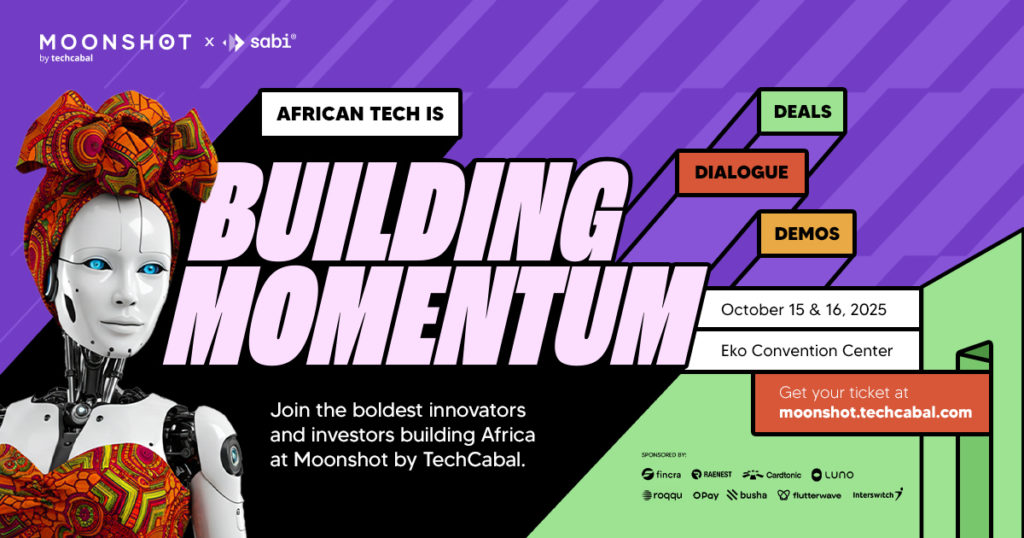Before looking at how artificial intelligence startup NaviSmart AI works, it helps to see the maze it’s trying to fix. Immigration is packed with forms, rules, and deadlines that can trip up even the most organised person. For anyone chasing a new start abroad, one missed detail can undo months of effort.
But expert guidance, through legal firms or immigration consultants who check eligibility, prepare documents, and coach clients for interviews. Recently, more online tools have tried to make things easier, though most still fall short of giving people the full support they need.
Some services have even ventured into automated form-filling or checklist generation. However, many lack the comprehensive, personalised assistance and critical human oversight that complex immigration cases demand. They often fall short in providing legally sound advice or adapting to rapid regulatory changes, leaving users vulnerable to inaccuracies.
These are the challenges that NaviSmart AI aims to address through artificial intelligence, streamlining, and, to some extent, demystifying the immigration process. But how does this innovative platform truly work, and what makes it a vital player in an arena historically dominated by traditional legal services?
How NaviSmart actually works
CEO, Ouma Mac’Ouma, said NaviSmart AI blends automation with human oversight to make eligibility checks, form filling, interview preparation, and application tracking less painful.
“The AI assistant automates eligibility analysis, personalized form filling, checklist generation, and mock interview coaching, operating 24/7,” Mac’Ouma said.
This combination is designed to answer a market dominated by expensive legal firms and traditional consultants. “Delayed, business hours” service and fees of “hundreds to thousands per case” are the norm, Mac’Ouma added.
NaviSmart AI, which is available on the web, distinguishes itself by taking a hybrid approach, integrating AI capabilities with strategic human intervention. This ensures both efficiency and the critical legal integrity required in immigration processes. The platform’s processes can be broken down into several interconnected features, each designed to address a specific pain point in the immigration journey.
The first step for many immigrants is working out which visa categories they qualify for. NaviSmart AI’s assistant runs eligibility analysis, fills out forms, generates checklists and even coaches for interviews. The tool draws from official government data to map out viable pathways and provide users with quick answers that might otherwise require weeks of research or a costly consultation.

However, paperwork remains the biggest pain point, so the platform guides applicants through forms using prompts to avoid common mistakes. Automation reduces the risk of errors that often lead to rejections. It also produces document checklists to ensure nothing is missed.
After filing, cases often remain dormant for months. NaviSmart AI tracks applications in real time and sends updates on progress. That transparency aims to alleviate some of the stress associated with long and uncertain timelines.
The system runs mock visa interviews, simulating questions and offering feedback. It’s a cheaper alternative to one-on-one coaching sessions while still giving applicants a chance to practise and refine their responses.
Mac’Ouma told me that all guidance comes from official government sources, with citations for verification. But when mistakes happen, such as a regulation change not yet reflected in the model, human experts step in.
“Human experts intervene for sensitive document reviews, legal oversight, escalated support, and one-on-one consultations,” Mac’Ouma said.
Not all applications fit the standard mold, as there are cases that are simply complex. For instance, asylum, special skills visas, or appeals are flagged by the system for human review. These cases are referred to the company’s legal team, and, where necessary, to external law partners.
The team numbers 12, covering AI engineering, product development, legal advice, compliance and customer support.
How NaviSmart earns revenue
NaviSmart AI runs on subscriptions. A free tier is available for basic queries, as well as a pro plan that costs $10 a month and covers unlimited AI support, advanced automation, and tracking.
Enterprise clients get custom solutions, priority support and access to expert reviews, priced according to need. The company also charges one-off fees for document reviews or bespoke services.
The model contrasts sharply with law firms charging thousands per case. Mac’Ouma says the low entry price and instant responses make the service accessible to more people, especially younger migrants who might not be able to afford legal retainers.
Where traditional providers offer slower and more expensive services, NaviSmart AI claims to offer speed and affordability.
“Human experts intervene for sensitive document reviews, legal oversight, escalated support, and one-on-one consultations,” Mac’Ouma says. The promise is to provide both instant AI assistance and the reassurance of legal backing.
Unlike many early-stage startups, NaviSmart AI claims to be self-sustaining through subscriptions and enterprise contracts. Growth is focused on expanding the customer base, improving the AI, and building partnerships for international expansion.
Regulation and the H-1B debate
Immigration rules change constantly, often without warning. Each new fee, delay, or visa reform sends waves through the system, disrupting workers, employers and startups that depend on cross-border talent.
The recent proposal to charge H-1B visa holders $100,000 a year is a clear example. It threatens to price out skilled migrants and force companie to rethink international hiring altogether.
Mac’Ouma says such changes bring both short-term and long-term effects. “H-1B visa changes introduce short-term risks—reduced hiring, a shift to remote work, and lower demand—but can also create long-term demand for automation, global mobility support, and scalable self-service solutions for a more distributed workforce,” he said.
This uncertainty pushes more people and companies to seek reliable guidance when navigating new rules and costs.
Mark your calendars! Moonshot by TechCabal is back in Lagos on October 15–16! Meet and learn from Africa’s top founders, creatives & tech leaders for 2 days of keynotes, mixers & future-forward ideas. Get your tickets now: moonshot.techcabal.com

from TechCabal https://ift.tt/U9OKakB
via IFTTT

Write your views on this post and share it. ConversionConversion EmoticonEmoticon